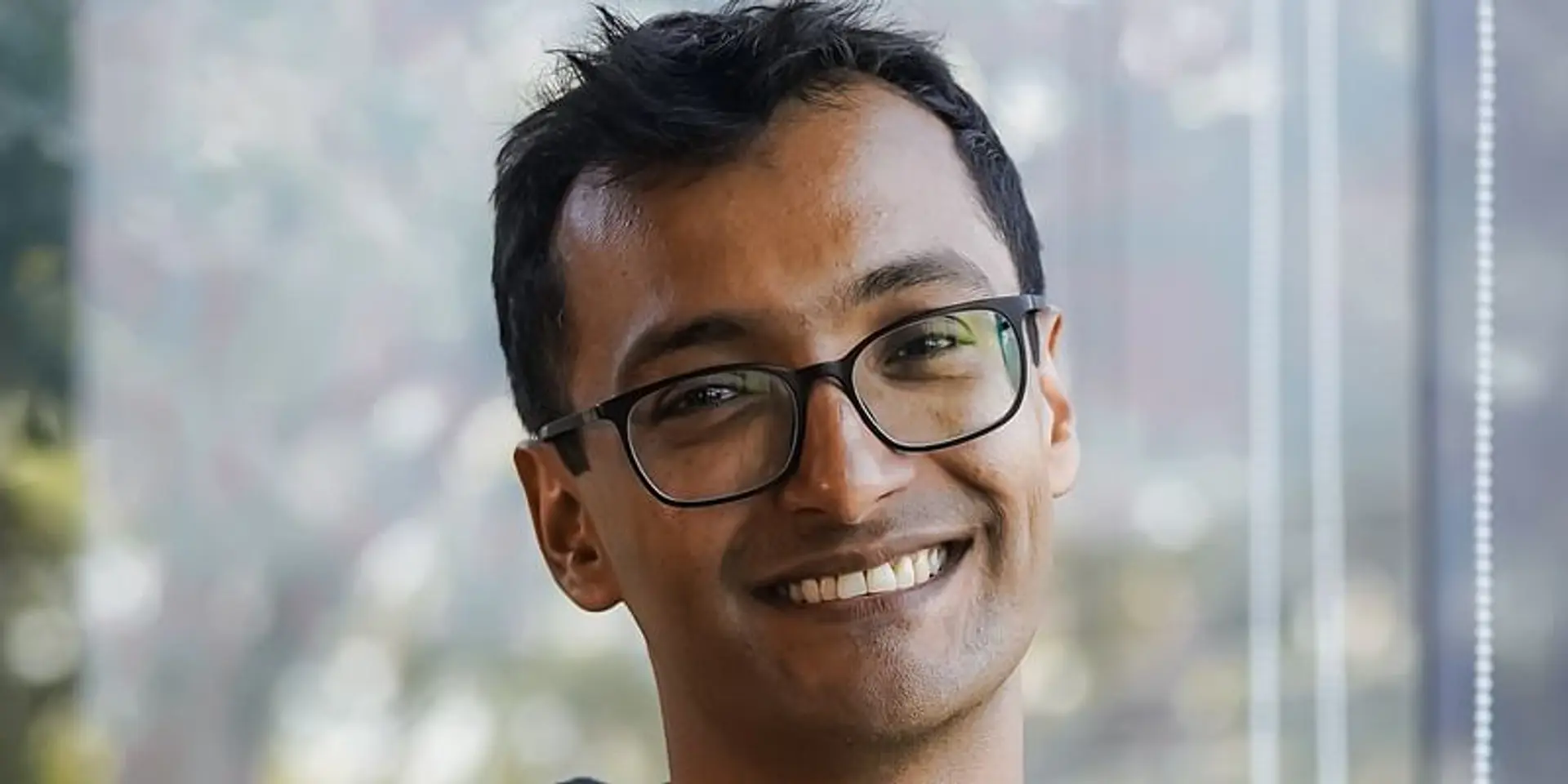Dunzo aims to launch 250 micro-fulfilment centres to serve 700-plus neighbourhoods
Seeing a significant 320 percent surge in medicine and grocery delivery, hyperlocal delivery startup Dunzo is now looking to launch 250 micro-fulfilment centres to serve 700-plus neighbourhoods.
The first and the second wave of the COVID-19 pandemic significantly drove growth in the hyperlocal delivery segment.
A report by RedSeer Consulting said e-grocery would grow very fast to be a $18.2 billion market by 2024 from $1.9 billion in 2019, growing at a CAGR of 57 percent.
The pandemic has seen the growth of several hyperlocal platforms like Dunzo. The hyperlocal delivery startup said since January 2021, it had witnessed a growth of 350 percent in medicine orders alone, while consumables like groceries, fresh produce, and daily staples had grown 318 percent as of April 2021.
Dunzo is now aiming to expand its micro-fulfilment centres to address the growing demand. It is looking to deploy over 250 micro-fulfilment centres to serve 700-plus neighborhoods.
These centres will stock the top 1,500 SKUs to enable a more consistent ordering experience and ensure deliveries under 20 minutes.

The founding team at Dunzo
India's largest online convenience store?
Through this model, Dunzo is building the largest online convenience store in India powered by local neighbourhoods and merchants, with plans of expanding operations to 20 cities by 2022.
Between March 2021 and May 2021, Dunzo delivered over 20,000 orders to hospitals. This, along with the delivery of home-cooked meals, oximeters, and other medical aid, has led to an exponential growth of 204 percent in Dunzo’s pickup and drop orders.
The Bengaluru-based hyperlocal delivery startup reached a gross margin profitability and reducing its EBIDTA loss by 68 percent year on year.
Dunzo stated, "During the second wave and lockdown, Dunzo’s app opens are up 2x since March 2021, as more users seek out the platform organically to order or deliver home-cooked meals, medical aid, and other essentials to their loved ones."
Kabeer Biswas, Co-founder and CEO, Dunzo, said the company had not lost money on an order basis, and the gross margins were positive. He added that in Bengaluru it had reached breakeven on an EBITDA basis, and the B2B vertical has grown 2x.
According to Dunzo’s Registrar of Companies (RoC) filings, the company’s total revenue from operations in FY19 was Rs 76,58,829, and in FY18 was Rs 15,80,995. The total revenues were at Rs 3,53,69,508 in FY19 and Rs 77,23,176 in FY18.
Increased adoption of hyperlocal delivery
The pandemic led to increased adoption of hyperlocal delivery. In the early days, with most people working from home and adhering to stringent social distancing norms, many adopted digital platforms for delivery of daily essentials.
Abhishek Chauhan, Associate Partner, RedSeer, said close to 75 percent of the retail industry is run by the FMCG and grocery segment. Of this, unorganised players like local kiranas, or mom-and-pop stores, comprise 95 percent.
“During the pandemic-led lockdown we realised that these unorganised retailers were the backbone and the most reliable. But the disruption of the supply chain made them woefully aware of how disconnected they were, without access to digitisation. This, in turn, hurts hyperlocal delivery players as well. What works and will work is a B2B2C play, where kirana stores become an epicentre for hyperlocal delivery,” Abhishek says.
Startups like Swiggy, purely a food delivery platform, soon began offering hyperlocal delivery. Swiggy's revenue jumped 128 percent to Rs 2,955.6 crore in FY20 from Rs 1,297.3 crore in FY19, as per Registrar of Companies (RoC) filings.
“At the heart of Dunzo’s operations lies our mission to make digital interactions with the offline world more convenient, safe, and seamless. With more micro-fulfillment centres in the pipeline, a stronger hold on supply chains, and moving closer to our goal of 15-minute deliveries, we’re gearing up to build a better, safer world of on-demand commerce and convenience for India,” Kabeer said.
Edited by Teja Lele








